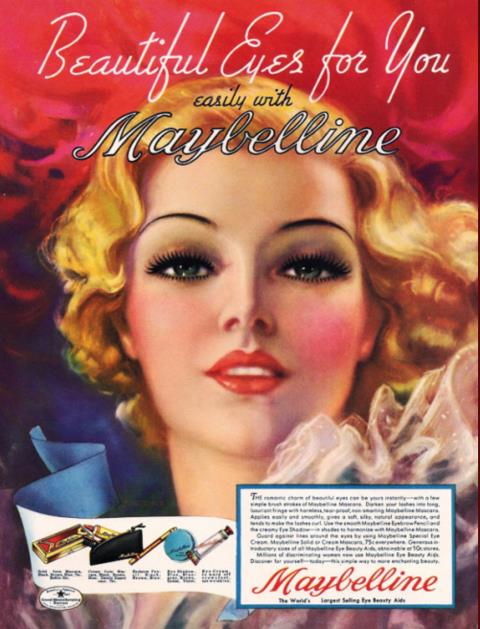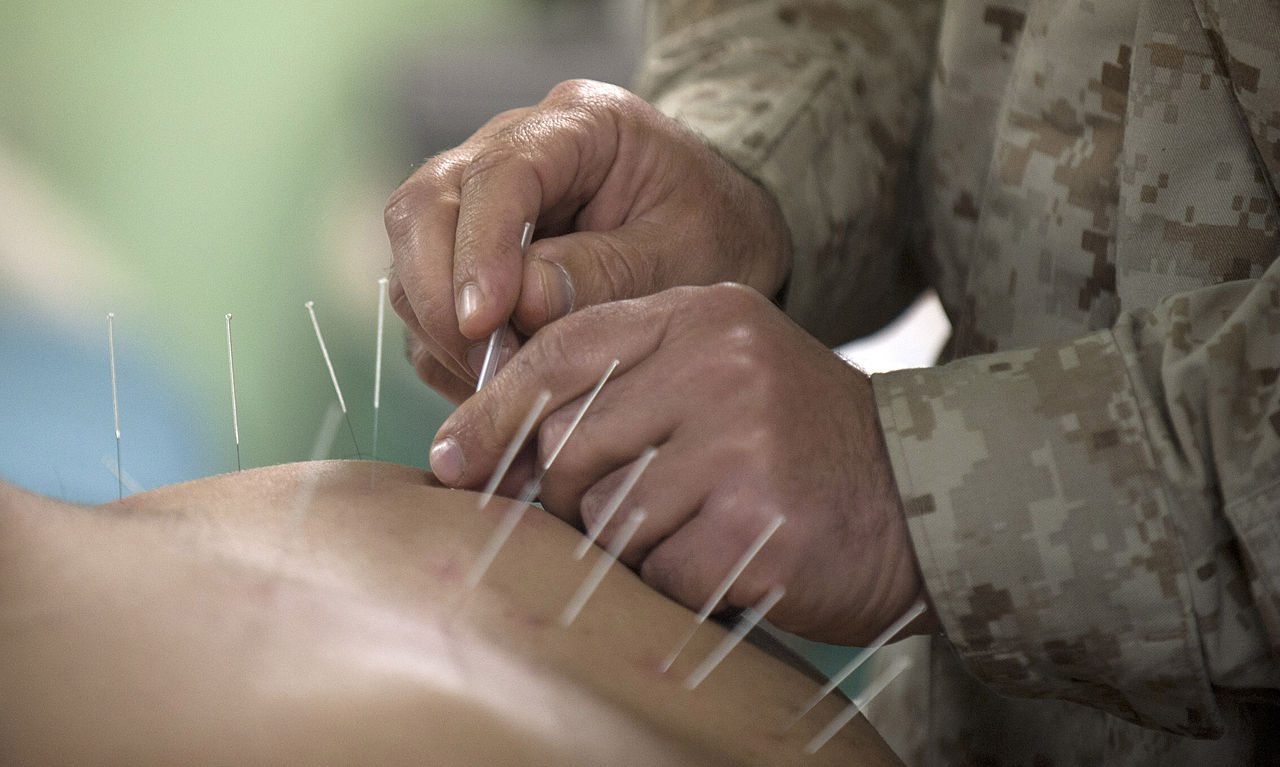Results for: meditation

Corrigendum. The Week in Review for 03/19/2017
What happened this week? Measles returns to kill. Stem cell injections blind. Lousy acupuncture studies. Fire hot. Skinny jeans are not a reason to see a chiropractor. Lesbian tendencies do not respond to homeopathy. And more.

Corrigendum. The Week in Review for 02/26/2017.
I get the month right. Mumps cases, like an infected parotid gland, grow. Acupuncture graduates will not have gainful employment. Hypno-Reiki. The one true cause of all disease. And more.

Corrigendum. The Week in SBM for 01.29.2017
Not every article and study that pops up my feeds in the world of pseudo-medicine is worthy of a complete blog post. But they need to be noticed and commented upon: FDA confirms elevated levels of belladonna in certain homeopathic teething products. Homeopaths prove water not toxic to fish. Lots of acupuncture recommendations, little good data. Everything is CAM. And more! Duty...

Corrigendum. The week in SBM for 1.22.2017
Not every article and study that pops up my feeds in the world of pseudo-medicine is worthy of a complete blog post. But they need to be noticed and commented upon: Liver toxicity from herbs. Popped lungs from acupuncture. Chiropractic does not help scoliosis. Yoga is just exercise. There are eight kinds of wind: Great Feathery Wind, Scheming Wind, Hard Wind, Great...

Personal Care Products Safety Act: Facelift for FDA Regulation or Lipstick on a Pig?
The U.S. cosmetics industry, the largest in the world, is expected to reach $62 billion in revenues in 2016. Yet, despite the fact that its products are regularly applied to, and absorbed by, the body’s largest organ (the skin) and even ingested in small amounts, the cosmetics industry is largely self-regulating. There are over 57,000 different chemicals used in cosmetics. According to...

“Non-pharmacological treatments for pain” ≠ CAM, no matter how much NCCIH wishes it so
When it comes to pain, in the mythos of "complementary and alternative medicine" (CAM), which in recent years has morphed into "integrative medicine," anything that isn't a drug is automatically rebranded as CAM, whether it's in any way "alternative" or not.
Building a Case for CAM
[Editor’s note: Mark Crislip is taking a well deserved vacation from blogging, and James Thomas has kindly agreed to provide another guest post to fill the gaping need left in all of your lives. Enjoy!] According to the Orwellian-named National Center for Complementary and Integrative Health, roughly 33% of adults aged 18-44 and about 37% aged 45-64 use some form of CAM....
Dana-Farber Cancer Center’s Integrative Medicine Expansion
In June, an article in the Boston Globe covered yet another incursion of pseudoscience into a major academic medical center, this time at the Dana-Farber Cancer Institute. Dana-Farber, located just a couple of miles from the library where I’m writing this post, has provided world-class care for children and adults with cancer since 1947. It’s kind of a big deal. Sidney Farber,...
CARA: Integrating even more pseudoscience into veterans’ healthcare
The pixels were barely dry on David Gorski’s lament over the expansive integration of pseudoscience into the care of veterans when President Obama signed legislation that will exacerbate this very problem. The “Comprehensive Addiction and Recovery Act of 2016” (“CARA”) contains provisions that will undoubtedly keep Tracy Gaudet, MD, and her merry band of integrative medicine aficionados at the VA busy for...

Tai Chi versus physical therapy for osteoarthritis of the knee: How CAM “rebranding” works
“Complementary and alternative medicine” (CAM), now more frequently referred to as “integrative medicine” by its proponents, consists of a hodge-podge of largely unrelated treatments that range from seemingly reasonable (e.g., diet and exercise) to pure quackery (e.g., acupuncture, reiki and other “energy medicine”) that CAM proponents are trying furiously to “integrate” as coequals into science-based medicine. They do this because they have...

